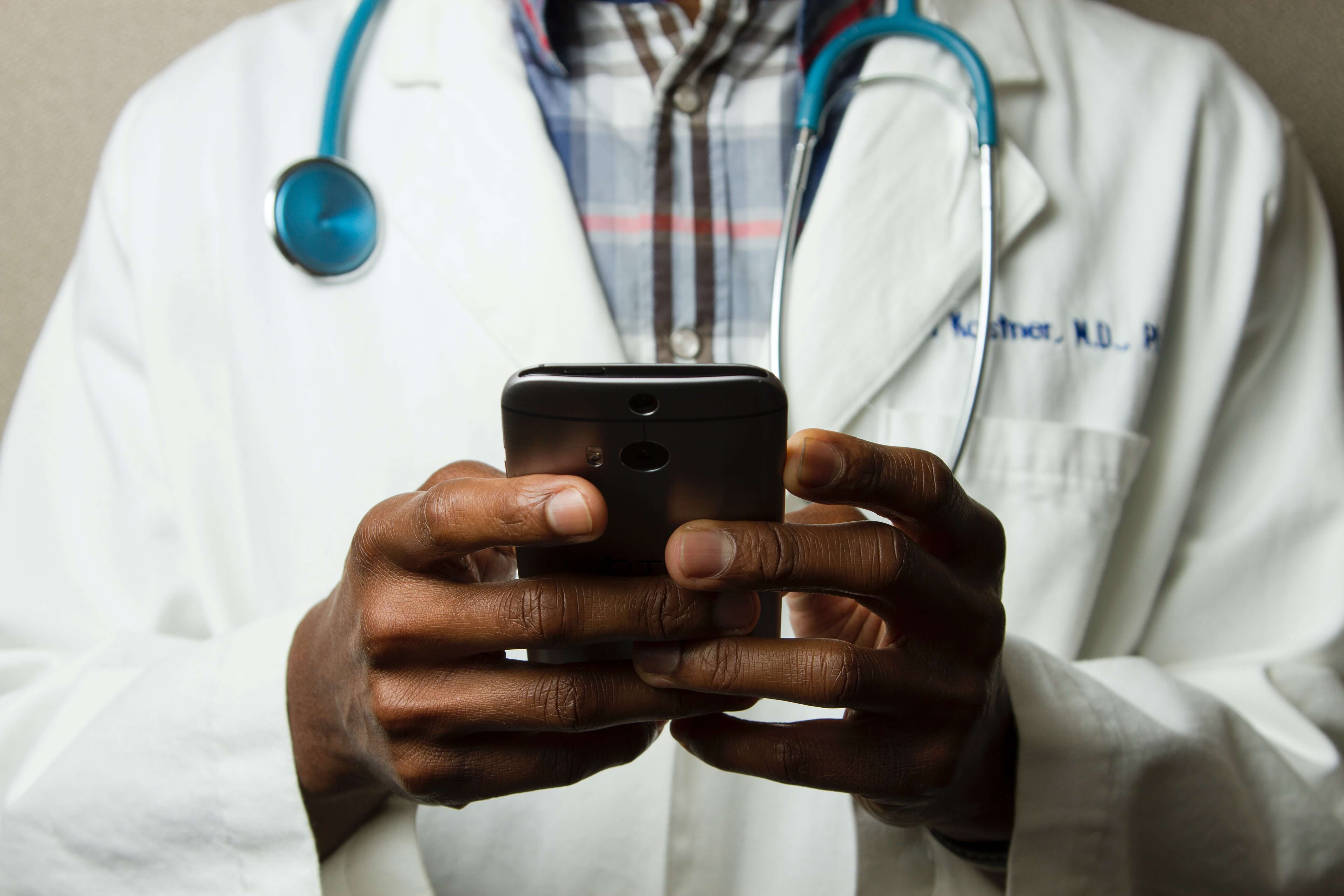How the pandemic is affecting the behavior of doctors and patients - a doctor's guide.

Only a year after an outbreak of Coronavirus Disease 2019 caused by SARS‐CoV‐2, and we are already able to observe its vast and long-term social burdens.
Only a year after an outbreak of Coronavirus Disease 2019 (COVID‐19) caused by SARS‐CoV‐2, we are already able to observe its vast and long-term social burdens. There is no doubt that every aspect of our lives we were used to has been affected by the declaration of the state of a pandemic. “Adaptation," now concerning almost every person on the planet, acquires an entirely new significance. Is it possible to maintain a proper attitude and achieve compliance while avoiding any cognitive or behavioral changes? Trying to learn more and find a solution, we investigated a group that during these months has presumably been affected the most - the healthcare professionals. The results were astounding. We can’t reflect upon the situation without including the group on the other end of the healthcare spectrum - the patients. They, too, were required to adjust their preventative health behaviors. Thanks to both the doctors’ and patients' hard work and commitment, these adjustments and digital transformation were possible.
Let's take a closer look.
New pandemic, new me (or New lesson: changes)
Considering the high complexity of the modern world and the time needed to introduce any changes, we are probably facing the greatest turnabout of our times. The emergence and rapid spread of a dangerous virus, sudden lockdowns, restrictions, and social distancing, all summed up, accelerated the changes in every economic and social sector. Many new policies had to be introduced rapidly in response to the pandemic, giving us an incredible opportunity to observe and participate in this transformation. However, these unexpected adjustments brought about their own negative consequences in our lives. Countless standard practices, especially those on which healthcare is based, mainly face-to-face contact, had to evolve by applying new, digital solutions. Doctors and their patients faced an entirely new form of interaction that consequently altered the examination, consultations, and prescribing of medications. Furthermore, educating patients on how to navigate the digital medical reality often rests with the physician. The importance of telemedicine during the pandemic has been unquestionable. However, we still have a lot to learn.
A digital doctor
This new reality provided us with an opportunity to establish a new kind of relationship between doctors and patients. Undoubtedly, both sides experienced challenges, but should we worry about these challenges? Quite the contrary! The pandemic facilitated and accelerated the digitalization of healthcare, providing the greatest impetus to start reorganizing the system! The telemedical transformation has been happening for years, but the coronavirus exposed and escalated our needs to the maximum. The COVID-19 pandemic emphasized the demand for commonly accessible, efficient methods of online doctor-patient communication and high-quality data. It’s worth highlighting that public outpatient clinics could benefit from the transition by receiving funds from the ministries to introduce the technological innovations they have been waiting for years.
A more professional doctor Google?
During the months of the pandemic, we developed several methods for managing online visits. The result was a new way of administering medical care to homebound patients. These changes allowed healthcare professionals to examine, diagnose and treat patients at a distance using standard telecommunication technologies. Smartphones, equipped with high-resolution cameras, became the primary tool for patients to reach their doctors' appointments. Examples such as oral examinations, psychological consultations via video or photographs of skin lesions demonstrate the new standards of virtual care – the new face of medicine. The demand for digital medical care caused the market to be flooded with applications for optimizing workflow, appointments, and schedules—everything to make daily communication with patients more manageable. The pandemic also opened another unprecedented way of working as a doctor, namely the home office. During self-isolation or while departments were shutting down because of the virus transmission, doctors could transform their homes into consulting offices. Access to a portable platform was enough to continue routine medical duties.
A revolution of cross-platform healthcare apps
With the whole team, we have tested an innovative solution that has met the demands of the evolving telemedical market. Our full development and launch of the mobile application, Therapify, intended for psychiatry specialists and their patients, turned out to be an immense success. Why? First, our mental health during the pandemic has suffered. Second, the possibilities of a face-to-face psychiatric consultation or therapy session are very limited. Now imagine having an app that allows you to track your mood, monitor therapeutic progress, find and contact a psychiatrist or therapist on a daily basis, educate yourself about common mental disorders, and get much-needed support. The impact of our solutions for Therapify, including the mobile app, website, social media, survey management, and data analysis, is reflected by the continually increasing community. The feeling of not being alone, especially during isolation, is crucial for all of us. Modern healthcare, in the form of cross-platform apps providing a full scope of digital experience, satisfies this need.
Conclusion
Implementing proper technology, educating all healthcare workers about digital novelties, introducing patients to upcoming innovative solutions, and collecting and responding to feedback must guide medical development. Ensuring adequate communication between patients and doctors and implementing the best ideas from both sides should determine the direction of the upcoming changes. We all have learned much from the pandemic. However, in our opinion, this is just the beginning of the journey toward digital healthcare, which sounds tremendously exciting! Contact us and let's make healthcare digital together!
 Medical Content Creation
Medical Content Creation
 Digital Product Development
Digital Product Development
 Growth Marketing
Growth Marketing
